|
Happiness can always be found at Elsewhere. Image: The Happy Talent
As someone who's designed my whole life around being able to travel -- first, for three months per year; now, as a full-time RVer -- I've encountered a lot of travelers whose goal is to find happiness through continuous travel. And it's not working. The reason it's not working, which I shared in No, Traveling All The Time Will NOT Bring You Happiness, is that a lot of people think happiness is the same thing as fun... But they're totally wrong. Fun is part of happiness. Play is part of happiness. But it is not all you need to be happy. Happiness comes from a combination of fun, purpose, and meaning. Going anywhere you want and doing whatever you want is a wonderful form of freedom (one that I wish more women could enjoy without the threat of male violence). But without purpose, without meaning, without interpersonal connection, the fun will ultimately feel meaningless... Because it is. This is why Andrew Yang wrote Smart People Should Build Things. This is why so many people who thought money would buy happiness found that their anti-social spending only increased their misery. (Which isn't to say money can't buy happiness -- it definitely can!) And this is why I think Elsewhere Garden Bar and Kitchen understands happiness better than most humans I have met. Elsewhere has the whole "fun" thing down. They're a hidden gem on San Antonio's famous river walk. Their outdoor garden is gorgeous and whimsical, with swings, games, music, and even free dog treats and duck food. They've got a great food and drink menu, with plenty of very "Instagrammable" options and opportunities. But one... I guess you could call it an activity? attraction? display?... that made me think, "These people get it," ("it" being good design, but also happiness) is their free payphone. (Yes, it's free; yes, it's also a payphone. Aren't oxymorons fun?)
Image: The Happy Talent
The reason I think it's absolutely brilliant is because I've written several posts about why so many designers, architects, and managers fail at "playful design" and "gamification." One major mistake designers make is, they equate "pretty to look at" with "fun to interact with." Good art is interactive, and can be used in more than one "correct" way. Instead of just building something that is cute, they installed a functional payphone -- which, in itself, has a lot of what Don Norman would call "reflective value." Millennials all remember using payphones, but most haven't done so in a while, so it's a super nostalgic throwback. Gen Zers may not have ever actually used a payphone before, so this might be their first chance to do so. But what sets this interactive art apart from, say, an Instagram museum, is that there is a very meaningful activity attached to it. Inside the phone booth, there is a sign with a few suggestions of who (and who not) to call: The sign is a little hard to read in the photo. Here is what it says: 1. Do NOT drunk dial your ex. Let that shit go. Good vibes only. Sage advice. Not only will drunk dialing your ex make you look like a crazy person... but it will also make your friends like you less. No one goes out to a cool, riverfront bar so they can watch you complain and have a miserable time. 2. Call your wonderful mother and tell her you love her. Even if it's a voicemail for he to wake up to. Guarantee it will make her day! We are all nothing without these women, they get the credit. This is wise because happiness isn't JUST about fun. It's also about meaning. Doing a kindness for someone we love is going to fill your life with a lot more happiness and meaning than drinking another cocktail -- or even jumping in the river. 3. Call your dad and tell him that the father/son father/daughter relationship is one of the most important and thank him for his support, love, and compassion over the years. Same. Happiness isn't just about having fun. It's not about me! me! me! all the time. In fact, AIs can do a pretty good job of predicting who is depressed and who is happy based only on pronoun usage. Happy people say, "you," "us," "we," and "he/she/they." Miserable, depressed people say, "me" and "I." See also: The Secret Life of Pronouns: What Our Words Say About Us. 4. Call your best friend (if they aren't with you) and tell them how much they mean to you and your growth. We can't be the best version of ourselves without love and support from our friends. This is such a great suggestion, and here's why: You never know who is depressed. You never know who is lonely. You never know who is struggling. A call like this could be tremendously helpful to someone who is going through any number of hard times, specifically because human depression tends to manifest in one of two ways:
Calling someone is an action that is high in communion. It lets them know that they are loved and you are thinking about them. However, sometimes, even our most well-meaning friends can behave in ways that are totally demoralizing. For example, a lot of people think they're "helping" a depressed or recovering friend by constantly asking, "Ohhhhh, honey!!!! Are you OOOOKKKKAAAYYYYY????!!! How are you doooooooing?" all sad, like they know their friend is broken and helpless. If you say this to someone who is struggling with feelings of agency, you're literally reinforcing their greatest fear when you ask questions like this. That is why you should never ask someone, "Are you okay?" -- or, worse, "Are you SURE you're okay?" Instead, do exactly what this sign at Elsewhere suggests: call them to say how much they have helped you grow. This is an action that is high in communion WHILE putting them in a position of high agency. Instead of feeling worthless, instead of feeling like they are broken and they need your help, they get to feel like they are helping you. Which is incredibly healthy for them. Even if your friend is not struggling through feelings of low agency right now, it will still make their day to hear how much they've meant to you. 5. Call someone and apologize for something wrong you might have done. It's very important to right your wrongs so we can grow together. When something awkward or shitty happens between you and someone you care about, you can either wait for them to apologize to you (even though they might be waiting for you to apologize to them); never talk to them again... Or just suck it up and apologize. The older you get, the harder it becomes to make new friends. If you can help it, don't let the people who matter get away.
This guy made me happier than all the epic trails in Sedona. Friendship is worth fighting for! Image: The Happy Talent
6. Call your boo (if they aren't with you) and tell them you love them and miss them. Tell them you'll be careful getting home and you can't wait to see them! I have a master's in psychology. As such, I'm not normally that impressed by pop psychology. I don't learn much from it, it's not that valuable to me. However, Gary Chapman's The Five Love Languages: The Secret to Love That Lasts is an incredibly useful book that can and has helped millions of couples figure out some of their disconnects. However you scored on the Love Languages test, you certainly did not get a 0 on Words of Affirmation. Neither did your partner. And even if you scored that way in the past... people change. Relationships change. And different people speak different love languages in different relationships. (I learned this in a recent relationship -- I scored almost a 0 on Words of Affirmation in the past, but with this particular partner, who was much less open about his feelings than past boyfriends and who had a very sarcastic and dry sense of humor, it actually felt really good to hear him say, "I love you.") If you love someone -- go ahead and tell them! If you're thinking of someone -- let them know! It will make them feel special, and making people you care about feel special brings a sense of fulfillment that many people would describe as... Happiness. Remember: drunk dialing should be fun and light hearted, or dirty and sex-crazed... Never angry. ADOPT A POSITION OF DIVINE NONCHALANCE. So I actually had to Google this term, as I had never heard it before. Divine nonchalance, according to artist Jeff Hull, is “a kind of naïveté, almost like a childlike relationship with the world around you — that freedom from inhibition that sparks creativity and inspiration and allows random beauty to occur.” I don't love the terminology, but I'm on-board with the concept. As I've written several times on The Happy Talent, having a childlike relationship with the world -- one of curiosity, humor, silliness, and openness -- is one of the best ways to become immersed in what you're doing and connected to the people around you. There are many designers who have tried and failed to create a playful space. There are many psychologists, travelers, partiers, and others who have tried and failed to understand happiness. But the people at Elsewhere get it. If you're ever in San Antonio, GO TO ELSEWHERE. Besides drinking excellent cocktails on a swing on by the river, you'll be encouraged to grow, reflect, and be grateful.
5 Comments
Dusan
5/25/2022 11:02:37 am
Have you read The Power of Meaning, by Emily Esfahani Smith?
Reply
Leave a Reply. |
About the Author

Eva is a content specialist with a passion for play, travel... and a little bit of girl power. Read more >
Want to support The Happy Talent? CLICK HERE!
Or Find me on Patreon!
What's Popular on The Happy Talent:
Trending in Dating and Relationships:
What's Popular in Science: Playfulness and Leisure Skills:
Popular in Psychology and Social Skills:
Categories
All
|
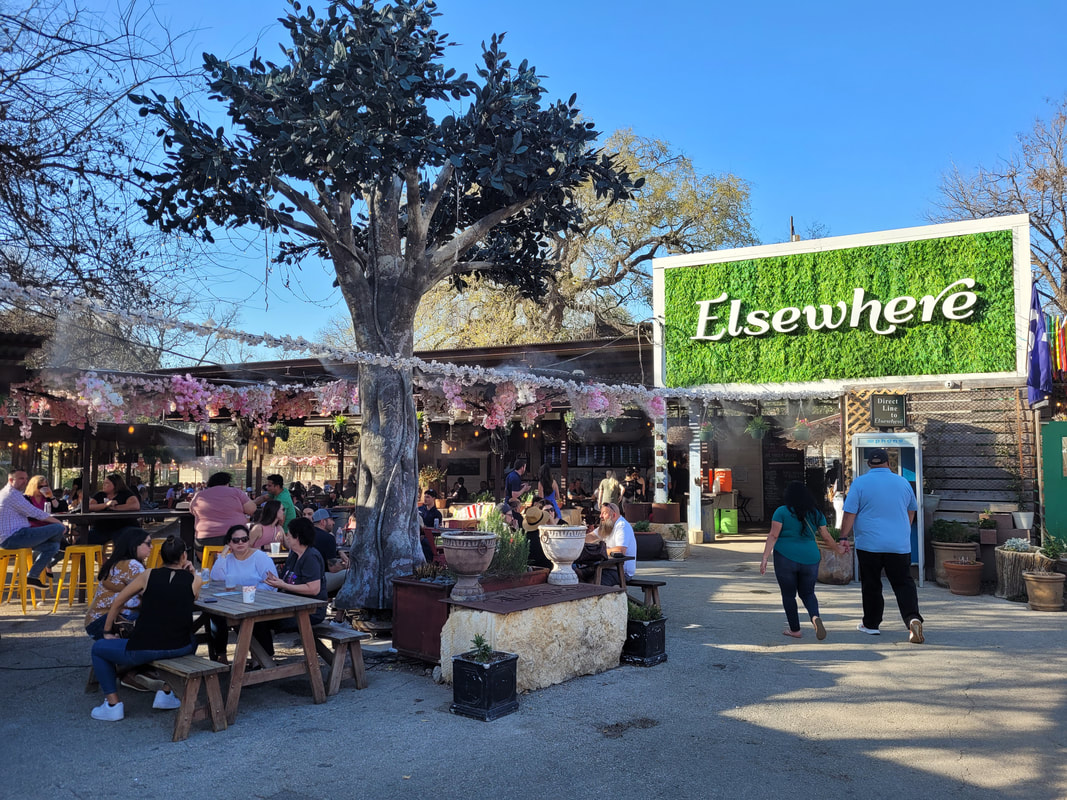

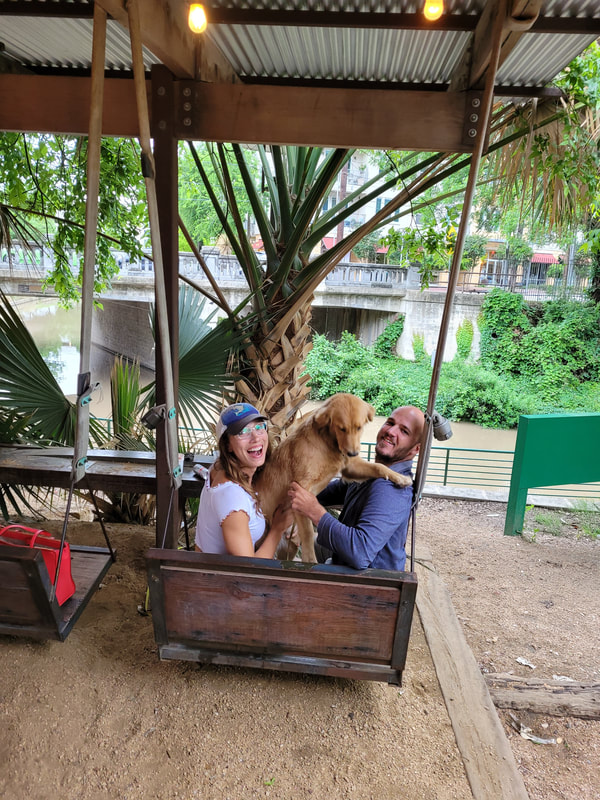
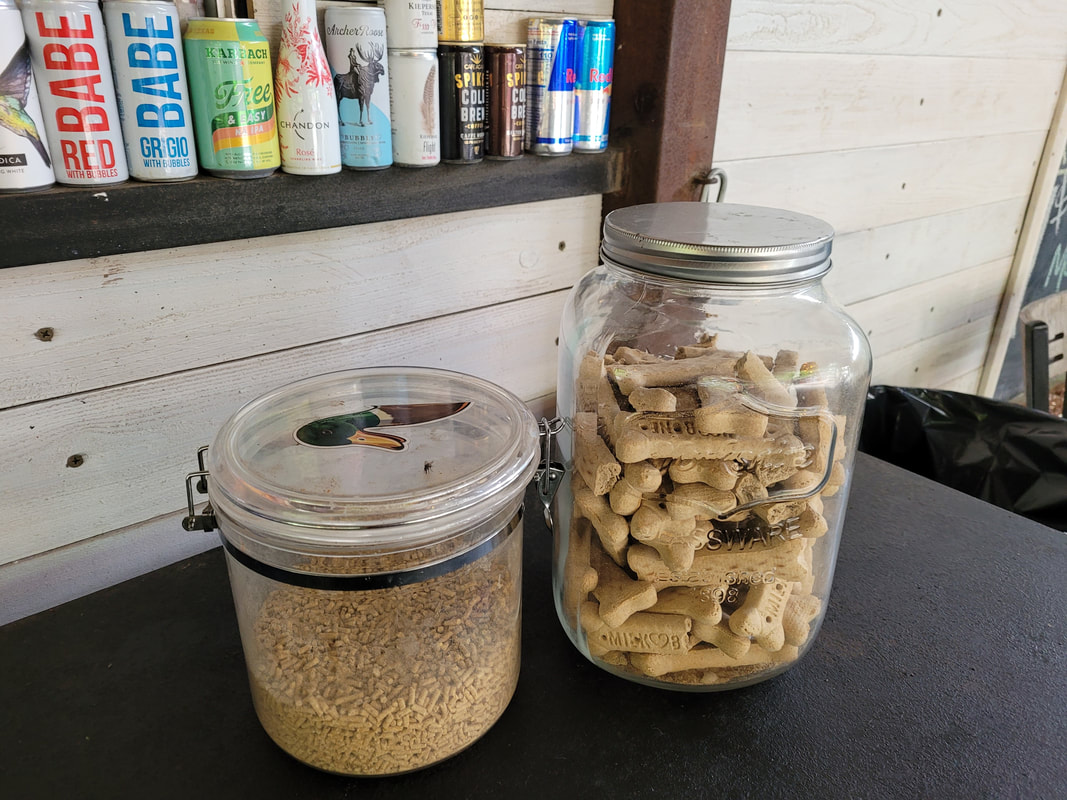
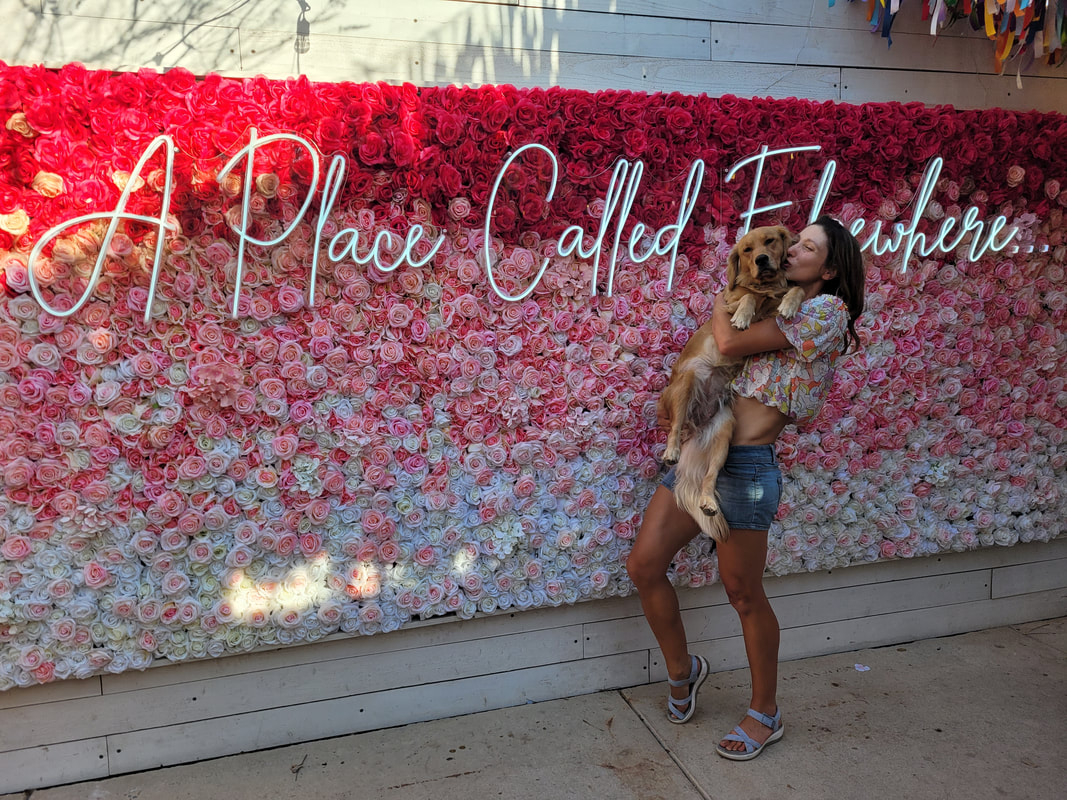
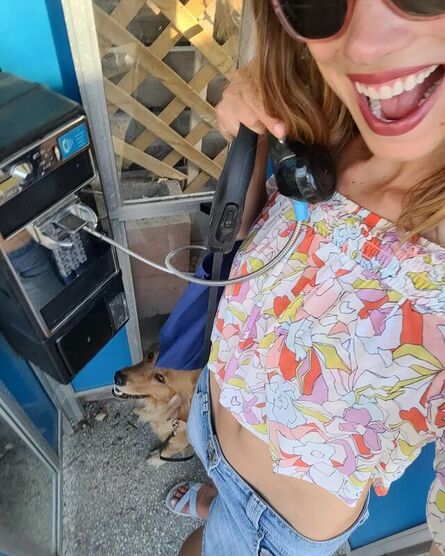
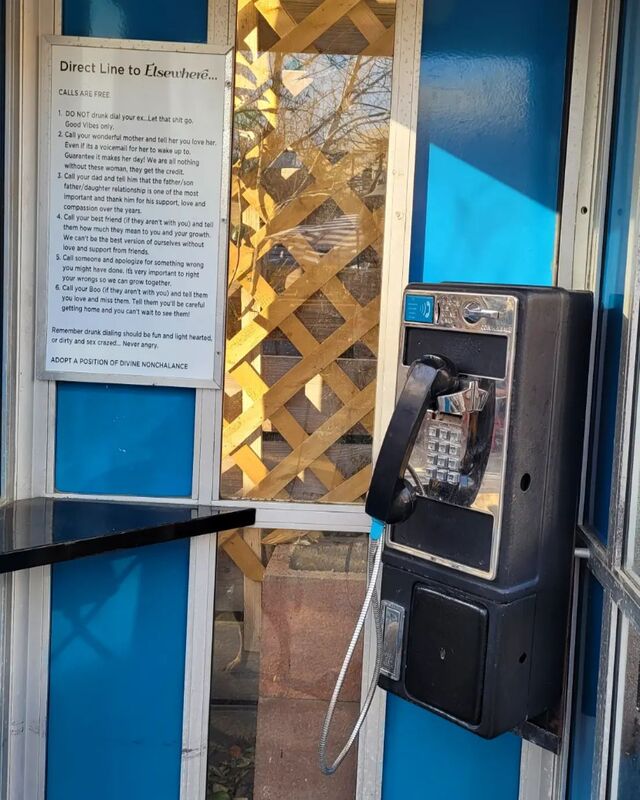
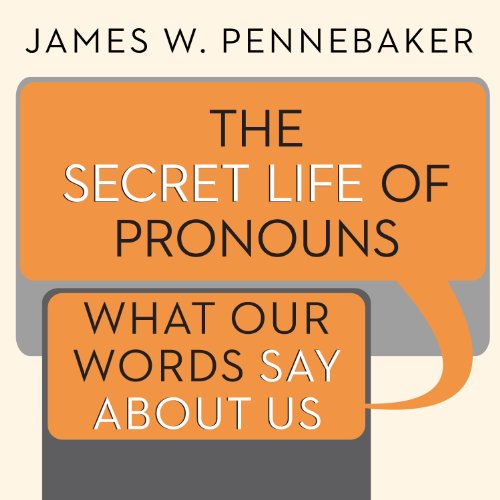

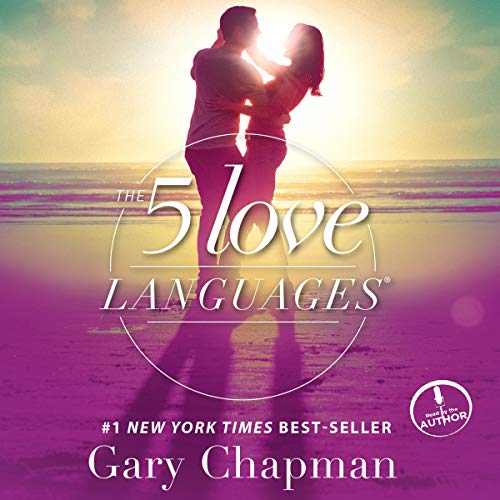


























 RSS Feed
RSS Feed